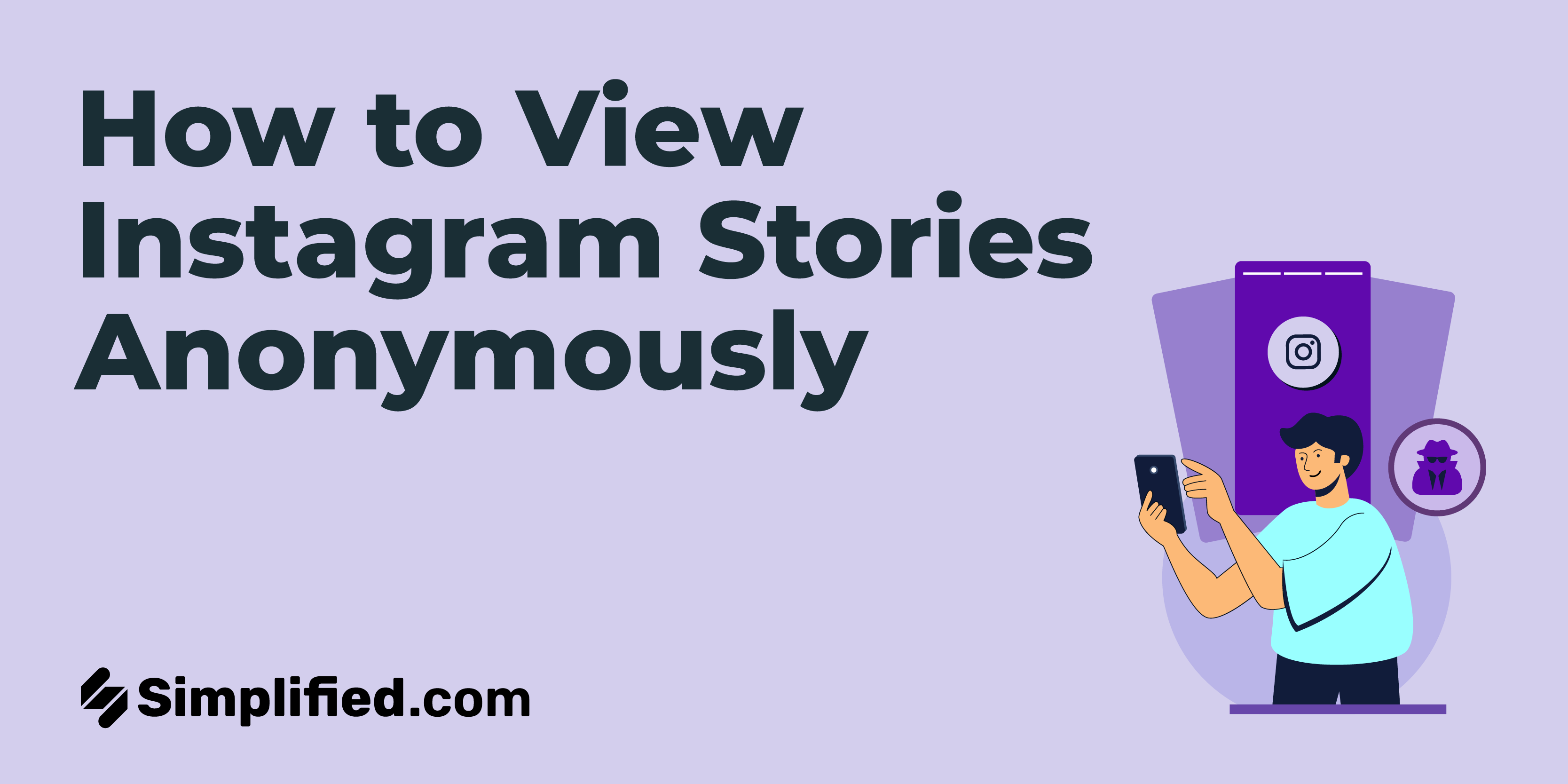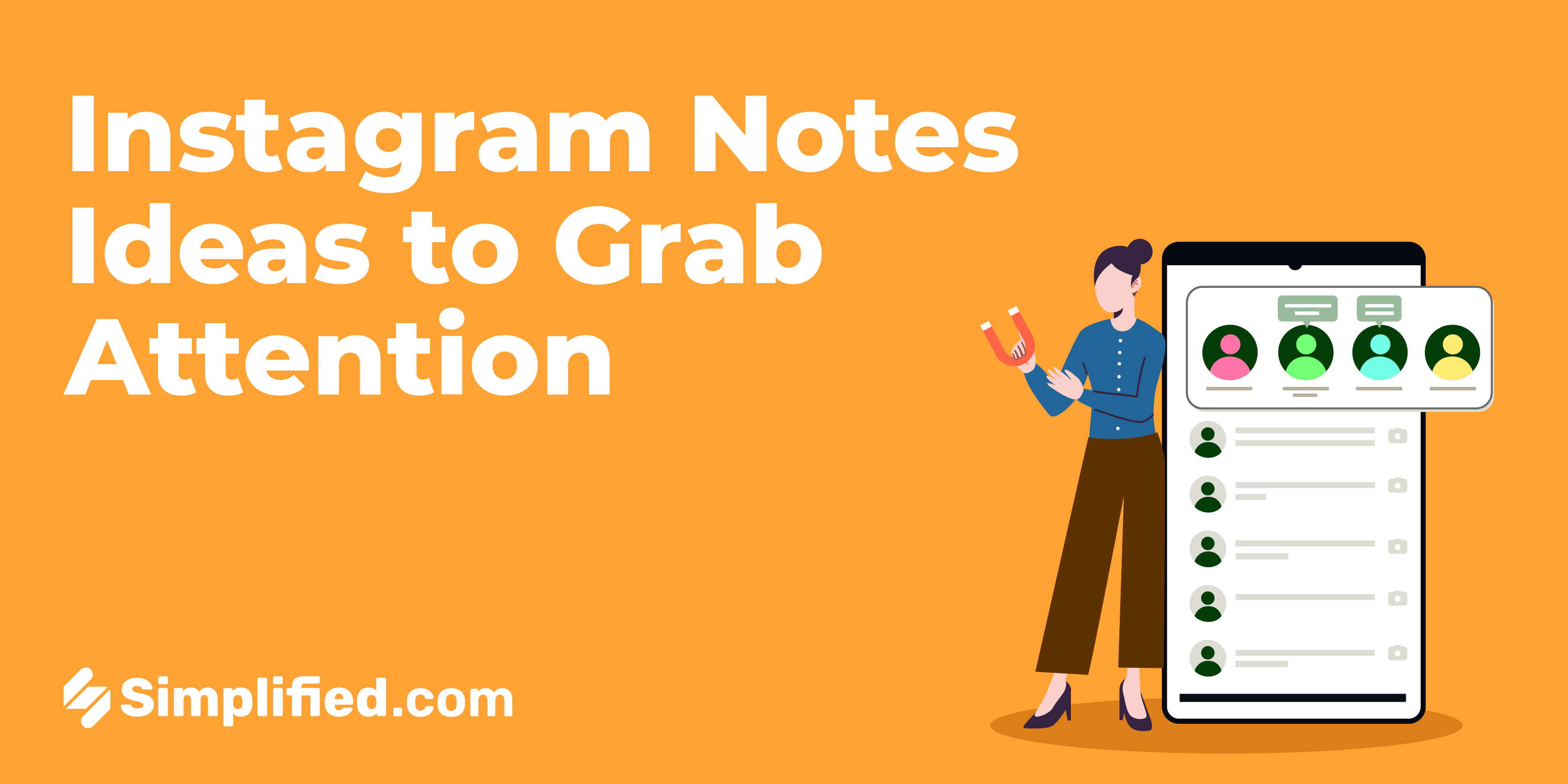What do you mean by Influencer Marketing?
Influencer marketing refers to a marketing strategy where brands collaborate with individuals who possess a substantial and engaged social media following in order to promote their brand, product, or service.
What is influencer marketing?
Influencer marketing operates by capitalizing on the trust and influence that influencers hold over their followers. By partnering with influencers, brands can leverage their extensive reach and credibility to target a specific audience effectively. Influencers can endorse a brand through sponsored posts, product reviews, and various collaborations, maintaining an authentic and genuine approach.
Influencer marketing offers several advantages, as it enables brands to engage their target audience in a more organic and non-intrusive manner compared to traditional advertising methods. The strategy is highly measurable, allowing brands to track campaign performance and adjust strategies based on data analysis.
What are the benefits of influencer marketing?
Incorporating influencer marketing into a marketing strategy can yield numerous benefits, including:
- 1. Targeted reach: Influencer marketing allows brands to reach a specific audience by leveraging an influencer's existing follower base. This is particularly advantageous for niche products or services that cater to a particular demographic.
- 2. Credibility and trust: Influencers are often regarded as industry experts and opinion leaders, and their endorsement of a product or service carries significant weight with their followers. Such endorsements help establish trust and credibility for the brand, increasing the likelihood of followers making a purchase.
- 3. Authenticity: Influencers are known for their genuine and transparent personas, making their brand partnerships feel more natural compared to other advertising approaches. This authenticity helps foster stronger connections between the brand and its audience.
- 4. Measurability: Influencer marketing campaigns offer high measurability, allowing brands to monitor campaign performance in real-time and adjust strategies accordingly. This data-driven approach helps optimize campaigns for improved results and higher return on investment (ROI).
- 5. Cost-effectiveness: Influencer marketing can be a cost-effective method to engage a highly attentive audience. While some influencers may charge substantial fees, others might be willing to collaborate in exchange for free products or services.
What are the limitations of influencer marketing?
Influencer marketing has encountered criticism and controversies, with certain influencers and brands facing backlash due to undisclosed sponsorships or inauthentic content. Consequently, various platforms and governments have introduced guidelines and regulations to ensure transparency and safeguard consumers. It is crucial for brands to select appropriate influencers and establish transparent and authentic partnerships to avoid any negative repercussions or adverse publicity.
.webp)













